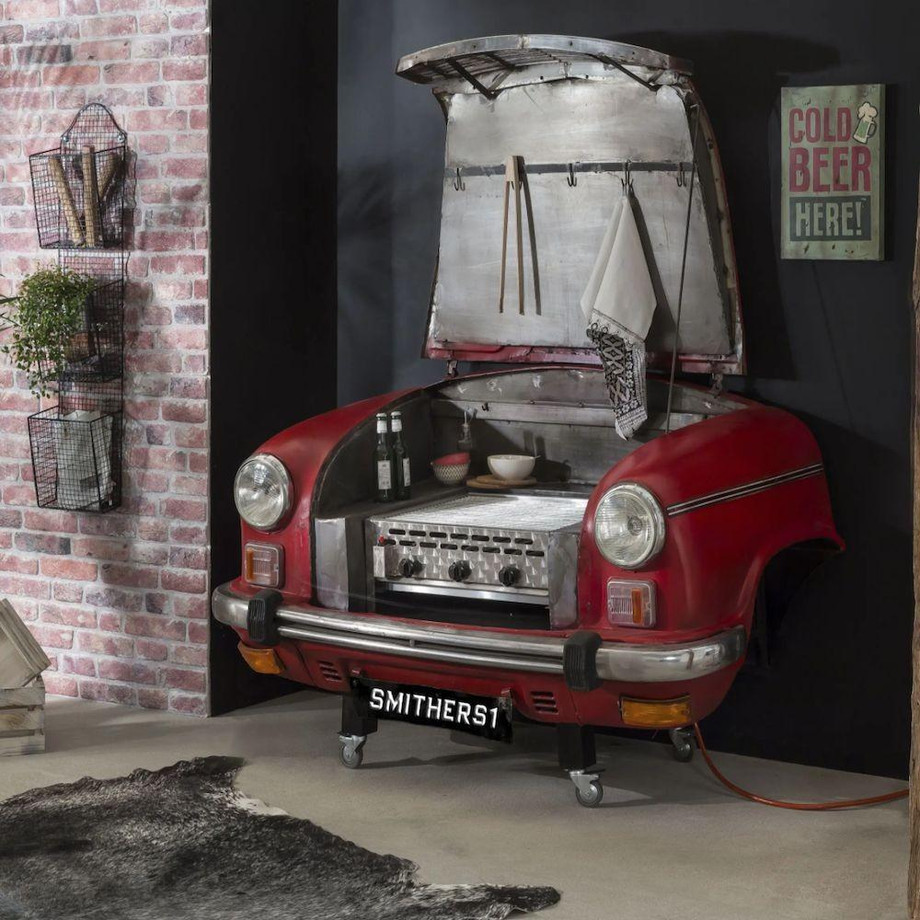The Art of Bespoke Furniture: Crafting Unique Pieces for Individual Ta…
페이지 정보
작성자 Tosha 작성일25-10-03 17:19 조회13회 댓글0건관련링크
본문
Introduction

Bespoke furniture represents the pinnacle of personalized craftsmanship, offering individuals the opportunity to own unique, tailor-made pieces that reflect their style, preferences, and lifestyle. Unlike mass-produced furniture, bespoke creations are designed and crafted to meet specific requirements, ensuring a perfect fit in terms of size, functionality, and aesthetic appeal. This report explores the world of bespoke furniture, delving into its history, the process of creation, handmade bespoke furniture London the benefits it offers, and its growing popularity in contemporary interior design.
Historical Context
The tradition of bespoke furniture dates back centuries, rooted in the craftsmanship of ancient civilizations. In medieval Europe, skilled artisans created custom pieces for royalty and the elite, often adorned with intricate carvings and precious materials. The Renaissance period saw a surge in bespoke furniture, with craftsmen like Andrea Brustolon and Grinling Gibbons pushing the boundaries of design and technique. During the 18th and 19th centuries, the Industrial Revolution introduced mass production, but bespoke furniture remained a symbol of luxury bespoke furniture London and exclusivity, cherished by those who valued individuality and quality.
The Bespoke Furniture Process
Creating bespoke furniture is a collaborative and meticulous process that involves several stages:
- Consultation and Design: The journey begins with a consultation between the client and the designer or craftsman. During this phase, the client’s vision, preferences, and bespoke furniture London store functional needs are discussed. The designer then creates sketches or digital renderings to visualize the proposed piece.
- Material Selection: Bespoke furniture often utilizes high-quality, sustainably sourced materials such as solid wood, metal, glass, and upholstery fabrics. Clients can choose materials that align with their aesthetic and ethical values.
- Craftsmanship: Skilled artisans bring the design to life using traditional techniques and modern tools. Each piece is handcrafted with precision, ensuring durability and attention to detail.
- Customization: Bespoke furniture allows for extensive customization, from dimensions and finishes to unique features like hidden compartments or personalized engravings.
- Finishing and Delivery: Once crafted, the piece undergoes finishing processes such as polishing, staining, or painting. It is then delivered and installed in the client’s space, ensuring a perfect fit and seamless integration.
- Uniqueness: Bespoke furniture is one-of-a-kind, reflecting the client’s personality and style. It stands out from mass-produced pieces, making a statement in any interior.
- Quality and Durability: Crafted with superior materials and techniques, bespoke furniture is built to last, often becoming heirlooms passed down through generations.
- Perfect Fit: Custom-made pieces are designed to fit specific spaces, maximizing functionality and optimizing room layout.
- Sustainability: Many bespoke furniture makers prioritize sustainability, using eco-friendly materials and practices to minimize environmental impact.
- Emotional Value: Owning a bespoke piece often carries emotional significance, as it is a tangible representation of the client’s vision and collaboration with the craftsman.
In recent years, bespoke furniture has gained popularity as consumers seek individuality and sustainability in their homes. Key trends include:
- Minimalist Designs: Clean lines and simple forms are favored for their timeless appeal and versatility.
- Mixed Materials: Combining wood, metal, and glass creates visually striking pieces that blend traditional and modern elements.
- Smart Furniture: Integration of technology, such as built-in charging stations or adjustable features, enhances functionality.
- Sustainable Practices: There is a growing demand for furniture made from reclaimed or recycled materials, reflecting a commitment to environmental responsibility.
- Cultural Influences: Global design trends, such as Scandinavian simplicity or Japanese minimalism, inspire bespoke creations with a unique cultural twist.
Despite its many advantages, the bespoke furniture industry faces challenges:
- Cost: Custom-made pieces are often more expensive than mass-produced alternatives, limiting accessibility for some consumers.
- Time-Consuming Process: The meticulous craftsmanship involved means longer production times compared to factory-made furniture.
- Skill Shortage: The decline of traditional craftsmanship poses a threat to the industry, as fewer artisans possess the necessary skills.
- Competition from Mass Production: The prevalence of affordable, ready-made furniture creates competition, though bespoke pieces offer unparalleled quality and uniqueness.
The future of bespoke furniture looks promising, driven by a growing appreciation for craftsmanship, sustainability, and individuality. Advances in technology, such as 3D printing and digital design tools, are enhancing the creative process while preserving traditional techniques. Additionally, the rise of online platforms and social media has made bespoke furniture more accessible, connecting clients with artisans worldwide.
Conclusion
Bespoke furniture is more than just a piece of décor; it is a testament to the artistry of craftsmanship and the individuality of its owner. From its rich historical roots to its modern-day resurgence, bespoke furniture continues to captivate those who value quality, uniqueness, and personal expression. As the industry evolves, it remains a timeless symbol of luxury and creativity, offering endless possibilities for those who dare to dream beyond the ordinary.
댓글목록
등록된 댓글이 없습니다.